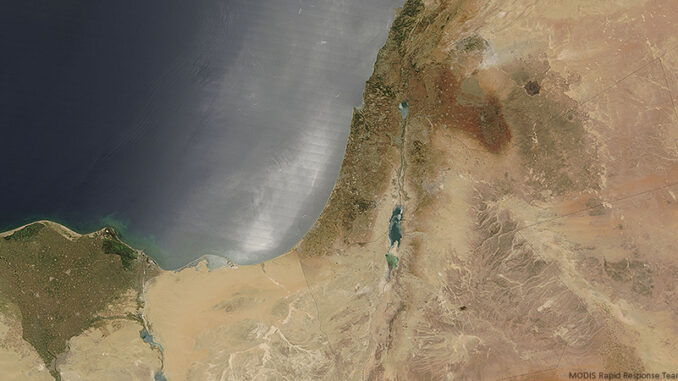
For the past month, btw has been updating you on the latest flare-up in the long-standing conflict between Israel and Palestine. The recent rash of fighting began July 8 when the Hamas launched rockets into Israel, who responded with a counter-attack air campaign. As new developments continue to come out of the region daily, we thought we’d take this opportunity to take a closer look at the details and what they might mean.
Slowing the Violence
Representatives from the group Hamas (representing Palestine) met with mediators from Egypt. They agreed to a 72-hour cease-fire against the Israelis, set to start at 8:00 AM August 4. Israel did not attend the meeting but said in a statement that it would accept a proposed, unconditional ceasefire. As a condition of the truce, both sides were required to send delegations to Cairo for further talks during the “period of calm.”
While there have been several announcements of a possible truce between the sides, few have managed to last through the prescribed timetable, with each side blaming the other of forfeit. On July 15, Egypt attempted to broker a similar truce with Israel, but it was rejected by Hamas. On July 25, John Kerry, on behalf of the United States, presented a cease-fire proposed that was rejected by Israel. Just hours into a proposed 72-hour cease-fire planned for July 31, clashes between Hamas and Israeli troops void the agreement. On August 4, Israel implemented a seven-hour “humanitarian window,” which it broke shortly after it began by hitting a house in Gaza. On the same day, a Palestinian construction worker deliberately crashed a backhoe into a bus, killing an Israeli man.

U.S. Involvement
In 1948, the United States was the first country to officially recognize the state of Israel, providing more than $118 billion in economic support in the years since. The two countries share common diplomatic, technological and military interests. On July 17, the Senate made a unanimous vote to reaffirm support for Israel, and publicly condemned Hamas for its rocket attacks.
In a recent statement, President Obama said that it has becoming increasing, “hard to reconcile Israel’s legitimate need to defend itself with our concern with [the civilians being threatened].” He said that this is why the United States is pushing so hard for a cease-fire. However, the United States’ relationship with Israel is becoming increasingly strained, as Prime Minister Benjamin Netanyahu is said to have responded to the latest cease-fire proposal as a “scolding.”
